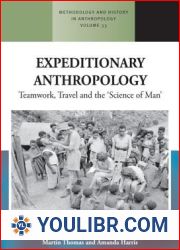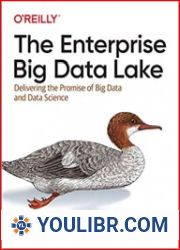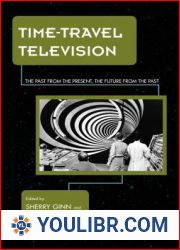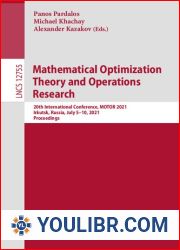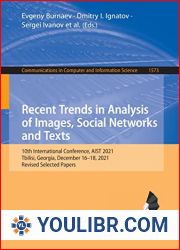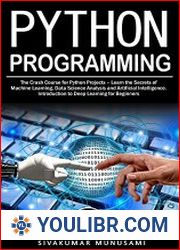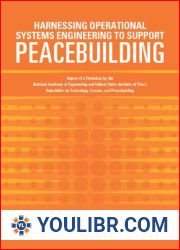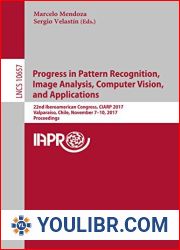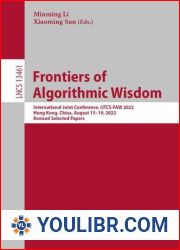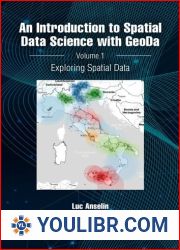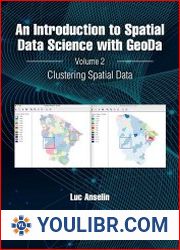
BOOKS - Samkhya: An Ancient Science of Nature and the Human Soul (Existence - Conscio...


US $7.68

203527

203527
Samkhya: An Ancient Science of Nature and the Human Soul (Existence - Consciousness - Bliss Book 7)
Author: Ivan Antic
Year: March 27, 2022
Format: PDF
File size: PDF 3.2 MB
Language: English
Year: March 27, 2022
Format: PDF
File size: PDF 3.2 MB
Language: English
The founder of Samkhya, Kapila, is mentioned in the Vedas as an already legendary figure, as the 'first-born sage' (rshi). Therefore, this teaching that has been handed down to us, as Samkhya is only a remnant of the oldest system of knowledge in the world. It's roots go back to the pre-Vedic age, likewise for yoga, which originated from Samkhya. Yoga is the practical application of the theoretical underpinnings of Samkhya.Much of Indian philosophy is based on concepts found in Samkhya. Samkhya is the first fundamental ontology: the science of being and cognition. The basis of Samkhya lies in differentiating Purusha and Prakrti, that is, the human soul and nature, respectively. It is the oldest and clearest differentiation of consciousness.This book not only presents the teachings of classical Samkhya, but also attempts to reconstruct Samkhya in its modern form, factoring in the contributions of science. We will come to learn that Samkhya is the oldest theoretical model of intelligent design, namely the teaching that consciousness (Purusha) is the basis of all creations in the universe (Prakrti), and that this same consciousness is the human essence or soul.Samkhya derives evidence through analysis of all the categories that nature comprises. This book gives the broadest and most modern analysis of the categories of nature in light of modern knowledge. Samkhya gives us a thoroughly modern understanding of all categories of nature (Prakrti) in all its dimensions and elements, whether organic or inorganic. Further, it provides an understanding of the nature of human personality (Aham-kara), which becomes fully realized through both in-body and out-of-body experiences. The human personality belongs to nature but also transcends it. It is an understanding of the nature of the intellect (Buddhi), which connects nature with the transcendental consciousness of the soul (Purusa).Samkhya demonstrates that in order to have a perfect understanding of the soul's transcendental consciousness, first and foremost, a perfect objective understanding of nature's entirety, in all its dimensions, is necessary. Proper understandings of nature and the soul's consciousness go hand in hand; the two cognitions are mutually intertwined.It is also the goal of scientific progress to realize the complete manifestation of the soul's consciousness as an observable entity, which is only rendered achievable by a perfect understanding of the natural laws through science. Thus is the manner in which Samkhya reveals to us the common foundation of both science and the highest form of human spirituality.Samkhya differentiates consciousness about nature (Prakrti) from human essence (the Soul) from the broadest perspective, completely objectively and without metaphysical ramblings; without any symbolism or mythologizing.The question about the impact of humans as conscious subjects on the nature of reality is not a modern question from experimental physics. This very question was asked by Samkhya thousands of years ago, and in a much more meaningful approach in contrast to today's physics. The knowledge of Samkhya is so objective that is serve as a benchmark for today's science.Samkhya, as a true science, deals only with consciousness and the nature of existence. The science of consciousness, therefore, preceded all religions, and was called Samkhya. It was not theoretical science but rather an applied one, and that is why it gave rise to the scientific practice of systematic sanctification of man, yoga, which is summarized in Patanjali's work Yoga Sutra.This book demonstrates that Samkhya is the first science of man as a conscious subject and shaper of reality. It is still unsurpassed by modern approaches in its elegance.Objective knowledge about man and nature, as given by the teachings of Samkhya, in this modern interpretation, are needed today more than ever in history.







